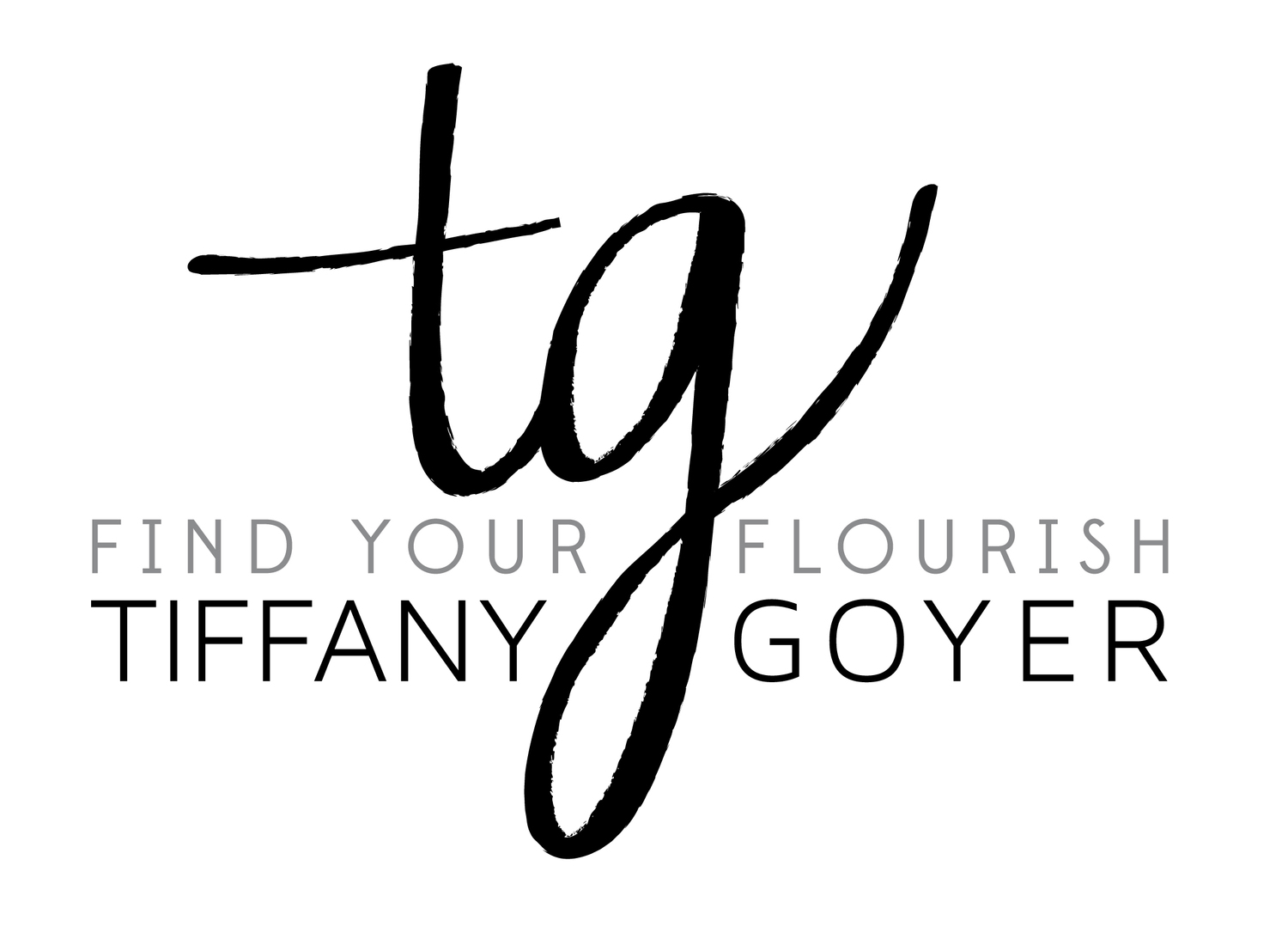At some point in life, everyone struggles with existential questions. We fundamentally want to know who we are, who we’d like to be, and why we’re here.
These big issues of identity and belonging include external characteristics over which a person has little or no control—such as race or height—and other traits like our politics, mores, or religious beliefs.
Sometimes we can be overly concerned with the impression we make on others. We may spend a lot of time trying to manage how they see us, making decisions unconsciously that are about other people (and not what we want).
So what’s your opinion about yourself? Have you been socialized so deeply that it's all about pleasing others, being “presentable”, or feeling liked?
What if, by magic, you could dictate everyone's opinion of you? Want them to think you’re smart, kind, and hilarious?
Why do you feel the need for them to think that? We know we can’t control what they think, so it would serve us better to think of ourselves as all of those things.
Now imagine succeeding—the stuff that would really make you feel accomplished and worthy in this world. What would help you arrive?
Guess what? It doesn’t truly matter. You don’t have to do any of those things to be worthy! You are inherently valued and loved. Your worthiness comes from being fully yourself. And that’s it…end of list.
Self-worth doesn’t equal narcissism
Now am I saying become a raging narcissist? Of course not! Having a robust, positive self-image is healthy, but narcissism is loving yourself at the expense of others.
It’s boastful and proud. It’s about desperation, needing other people to love us, and feeling entitled to admiration. Grasping at superiority is not a good look!
Brain scans have revealed inner conflict and negative feelings when narcissistic people look at pictures of themselves. Their brains tell the truth about feelings of insecurity beneath their masks of self-importance.
Narcissism starts with and perpetuates shame, humiliation, and perfectionism, while positive self-concept argues you're not perfect and don’t need to be. You are valued and important, just as you are—and everyone else is, too.
Cultivating a healthy self-image
Cultivating a healthy self-image requires overriding your “lizard brain” that seeks negativity, doubt, anger, and frustration. You will need to overwrite the mean things you say to yourself with new thoughts.
You get to choose what to say to yourself! You don’t have to just take what your brain dishes out.
And when you start believing good things about yourself, you’ll prove those things true again and again.
Try it out!
If you don’t have particularly high self-regard, pretend for the next week that you have the highest self-esteem. Quietly, privately, fake it until you make it.
You may notice that “pretending” in this way causes you to show up in the world differently, which will unlock some seismic shifts. You don’t have to accomplish anything specific or make any changes beyond this game of “behave as if”.
You are good enough, just as you are, and no one can take that from you. Worthiness is your birthright, so let’s claim that and move through the world each day like we know it in our bones.








